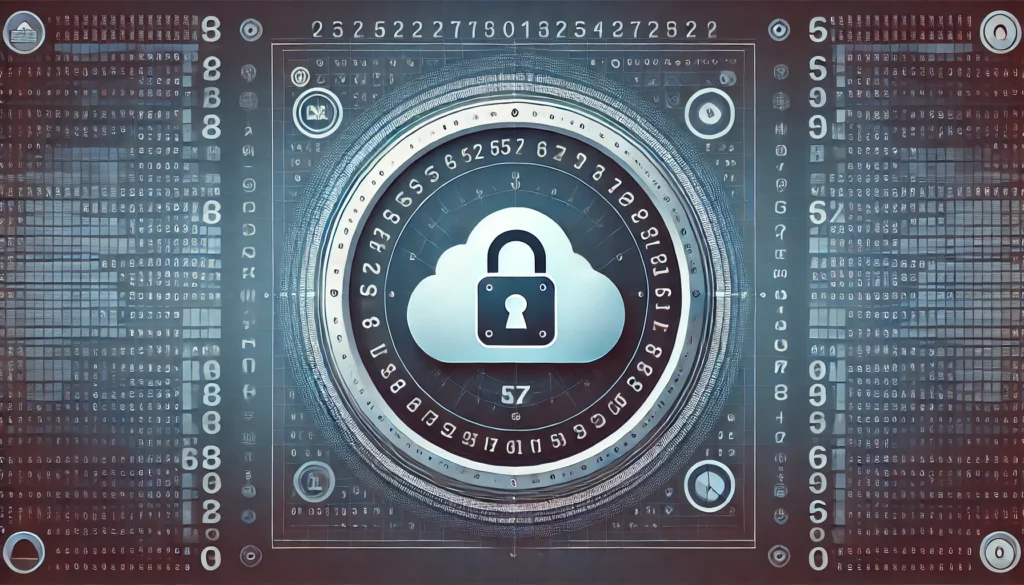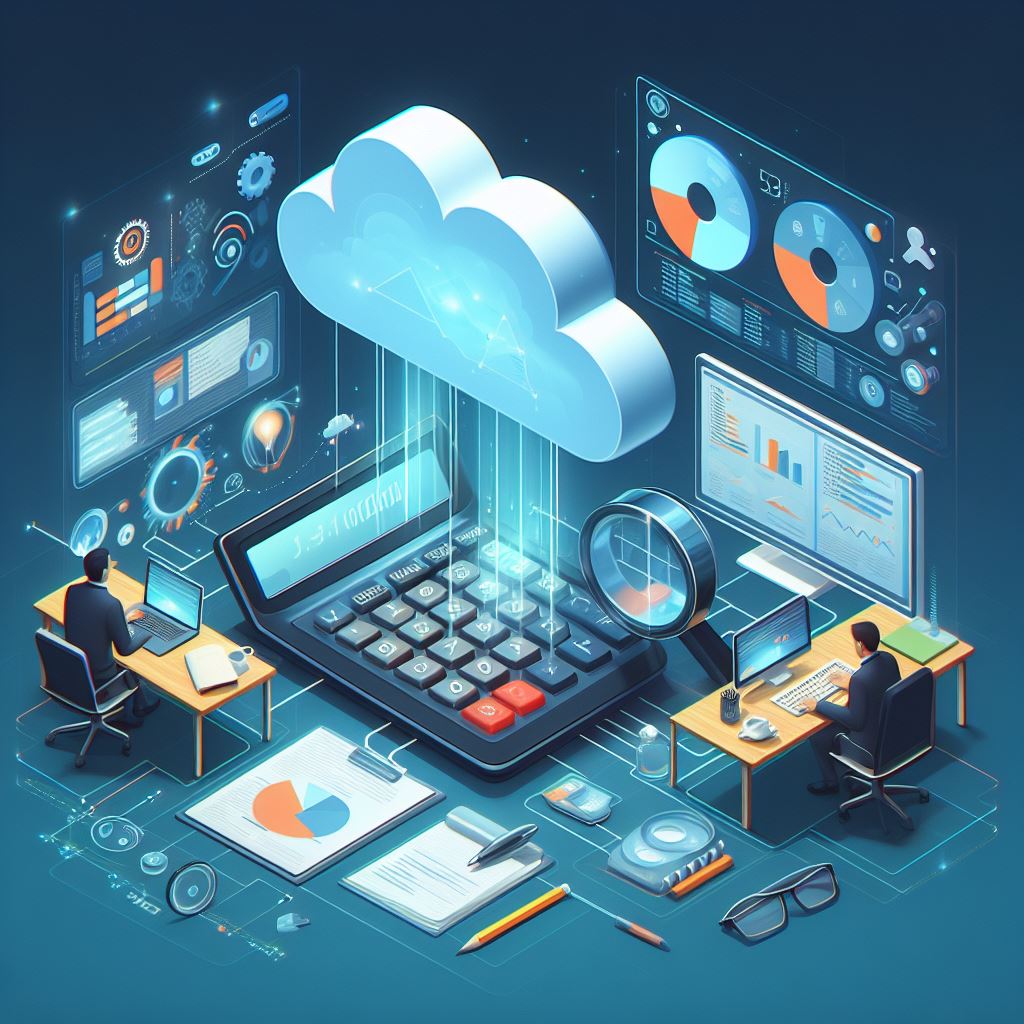Essential Strategies to Secure Your Data in Cloud Accounting Software

The shift to cloud accounting software has revolutionized how businesses manage their financial data.
Although these platforms provide exceptional convenience and flexibility, they also bring forth new challenges concerning data security. For any business, protecting financial data is not just a matter of compliance but a critical component of maintaining trust with clients and stakeholders. This article provides comprehensive insights into securing your data within cloud accounting software, ensuring that your business remains protected against potential cyber threats.
Understanding the Importance of Cloud Accounting Security
Key Security Features to Look for in Cloud Accounting Software
Implementing User Access Controls and Permissions
Regularly Updating and Patching Your Software
Developing a Data Backup and Recovery Plan
Training Employees on Cybersecurity Best Practices
Monitoring and Responding to Security Incidents
Understanding the Importance of Cloud Accounting Security
The use of cloud accounting software has grown exponentially due to its ability to streamline financial operations and offer real-time data access. However, this convenience comes with the risk of unauthorized access, data breaches, and loss of sensitive financial information. It’s vital for businesses to understand the inherent risks associated with cloud-based solutions and to implement robust security measures to mitigate these threats
Key Security Features to Look for in Cloud Accounting Software
When selecting cloud accounting software, ensure that it comes with essential security features such as
Data Encryption: Look for software that offers end-to-end encryption, ensuring that data is secure both in transit and at rest
Two-Factor Authentication (2FA): enhances security by requiring users to confirm their identity using an additional verification method, such as a mobile device.
Regular Security Audits: The software provider should conduct frequent security audits to identify and address vulnerabilities
Compliance with Security Standards: Ensure the software complies with industry-standard security certifications like ISO/IEC 27001 or SOC 2
Implementing User Access Controls and Permissions
One of the most effective ways to secure your data is by controlling who has access to it. Implement strict user access controls that define what each user can see and do within the software. Regularly review user permissions and adjust them as roles within the organization change.
Additionally, implement role-based access control (RBAC) to restrict access to sensitive information according to an individual’s role within the organization.
Regularly Updating and Patching Your Software
Outdated software is a common entry point for cybercriminals. Ensure that your cloud accounting software is regularly updated and that patches are applied promptly to fix any security vulnerabilities. Automated updates can help in maintaining the security integrity of the software without the need for manual intervention
Developing a Data Backup and Recovery Plan
Even with the most robust security measures, breaches may still happen. A robust data backup and recovery plan is essential to minimize data loss and ensure business continuity. Regularly back up your data to a secure, offsite location and test your recovery procedures to ensure they work effectively in case of an emergency
Training Employees on Cybersecurity Best Practices
Employees are frequently the most vulnerable aspect of an organization’s cybersecurity defenses. Regular training on cybersecurity best practices is essential to ensure that all users understand the risks and know how to avoid common threats such as phishing attacks, weak passwords, and insecure network connections. Promote a culture of security within the organization where every employee takes responsibility for protecting sensitive data
Monitoring and Responding to Security Incidents
Continuous monitoring of your cloud accounting software for any unusual activity is crucial. Implement a security information and event management (SIEM) system to detect and respond to potential threats in real time. Additionally, have a clear incident response plan in place that outlines the steps to take when a security breach is detected, including communication protocols and mitigation strategies
Conclusion: Securing Your Financial Future with Robust Cloud Accounting Practices
In the digital age, securing your data in cloud accounting software is not optional—it’s a necessity. By understanding the risks, implementing strong security measures, and fostering a culture of cybersecurity awareness, businesses can protect their sensitive financial data from potential threats. With the right strategies in place, cloud accounting can offer the best of both worlds: efficiency and security





